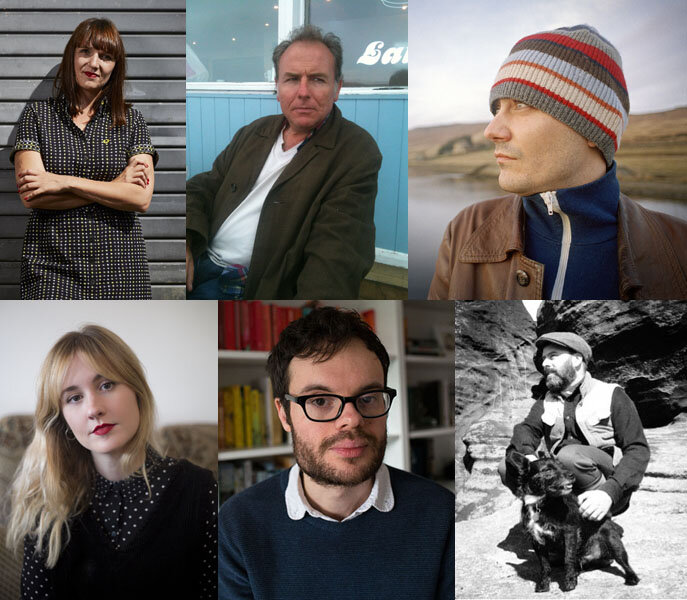It's always exciting to see what books are listed for The Rathbones Folio Prize. This is an award which is shaped by The Folio Academy and its members (who are mainly writers and critics) play a strong role in putting nominees forward for the prize. So it's essentially a book award where writers celebrate what they consider the best new work of their peers. I'm especially keen to peruse this year's shortlist and see which book is selected as the winner on March 24th because the excellent group of judges include poet Roger Robinson, writer and broadcaster Sinead Gleeson and novelist Jon McGregor. I really respect their taste and I've currently read half of the eight books on this shortlist.
“Indelicacy” by Amina Cain is an original ghostly, feminist fable about a cleaner in a museum who marries a wealthy man and pursues her desire to write. The debut poetry collection “My Darling From the Lions” by Rachel Long was also shortlisted for the most recent Costa Book Awards and I enjoyed the sly sense of humour of these personal and political poems. Carmen Maria Machado's highly inventive memoir “In the Dream House” describes the experience of being in an abusive relationship by recasting it as a fairy tale filled with fantasy, pleasure and horror. The brilliantly imaginative “The Mermaid of Black Conch” by Monique Roffey was the overall winner of this year's Costa Book Awards and it's impressive how this novel works as a fantastical love story as well as a clever reexamination of the history of colonialism in the Caribbean.
I'm also keen to experience the four books I've not read yet. I've been a big fan of both Sara Baume's novels so I'm especially keen to read her most recent book “handiwork” which is a short narrative about the nature of art, grief and a life lived well. Elaine Feeney is another Irish writer on the list whose debut novel “As You Were” concerns a tough, driven and funny property developer with a terrifying secret that she only confides to a shiny magpie. Yet another Irish writer and poet on the list is Doireann Ni Ghriofa whose “A Ghost in the Throat” has become a bestseller in Ireland as it won The Irish Book Awards' 'Book of the Year' and it's also currently on the Republic of Consciousness Prize longlist. Its narrative is a creative blend of memoir and history as it explores how the 18th century poet Eibhlin Dubh Ni Chonaill becomes a haunting presence in the life of a contemporary young mother. Finally, as someone who lives in south London, I'm very eager to read Peckham poet Caleb Femi's debut collection “Poor” which celebrates the lives of young black boys and the architecture that shapes them. You can watch me discuss all these titles more here: https://www.youtube.com/watch?v=cpg5SNOgTgg
Overall, this is a really fascinating group of books and I'm excited to see which will win on the 24th. An Irish readathon is taking place this month so the group of books I've not read will give me some great inspiration to join in!
























